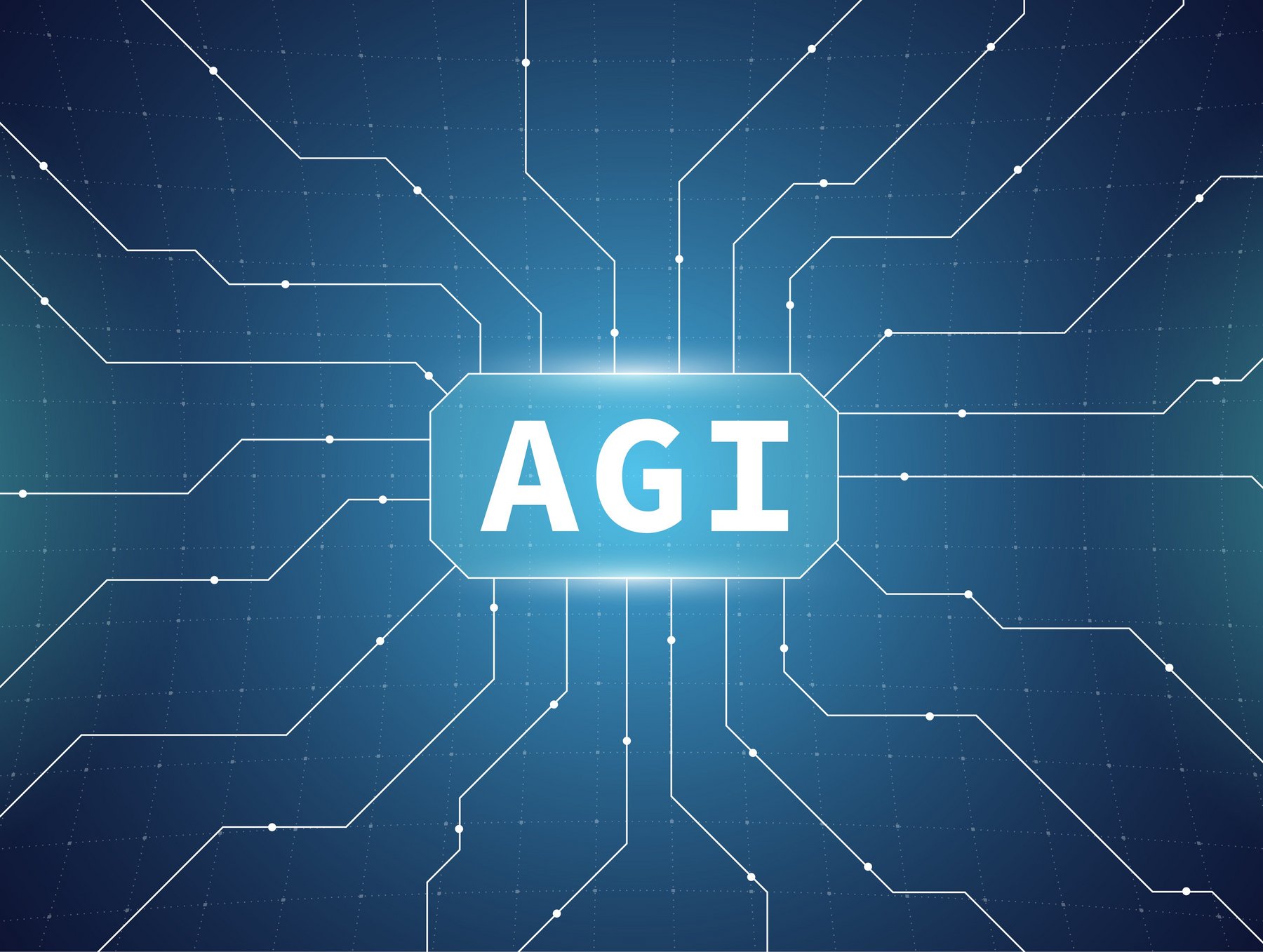Artificial General Intelligence (AGI) represents a significant leap in artificial intelligence capabilities. Unlike narrow AI, which excels in specific tasks, AGI aims to replicate human cognitive abilities across various domains. The implications of AGI are profound, affecting numerous aspects of society, economy, and ethics. Sam Altman, CEO of OpenAI, has made predictions about the timeline and impact of AGI, prompting a robust debate among experts in the field. Understanding these perspectives is crucial as society navigates the potential arrival of AGI.
Sam Altman’s Predictions: An Overview
Sam Altman has suggested that AGI could be developed within the next few years. His predictions have sparked excitement and concern within the tech community. Altman believes that AGI will bring about transformative changes, enhancing productivity and innovation. However, he also acknowledges the risks associated with AGI, including ethical dilemmas and potential job displacement. Experts are divided on the feasibility of Altman’s timeline and the implications of such a breakthrough.
Expert Opinions on the Timeline of AGI
The timeline for achieving AGI is a contentious topic among experts. Some agree with Altman, believing that advancements in machine learning and neural networks could lead to AGI sooner than expected. Others, however, argue that the complexities of human cognition are not yet fully understood, making it difficult to predict when AGI will be realized. This divergence in opinions highlights the uncertainty surrounding AGI development and the need for ongoing research in the field.

Economic Implications and Job Displacement
One of the most pressing concerns regarding AGI is its potential impact on the job market. Experts warn that the automation of tasks traditionally performed by humans could lead to significant job displacement. While some argue that AGI will create new job opportunities, others believe that the transition may exacerbate economic inequality. The debate centers around how society can prepare for these changes and ensure that workers are equipped with the skills needed in an AGI-driven economy.
Ethical Considerations in AGI Development
The ethical implications of AGI are a focal point of discussion among experts. As machines become more autonomous, questions arise about accountability and decision-making. Who will be responsible for the actions of an AGI? How can we ensure that AGI systems align with human values? Experts emphasize the importance of establishing ethical frameworks and guidelines to govern AGI development. Engaging a diverse range of stakeholders in these discussions is essential to address the moral complexities of AGI.
Social Dynamics and Human Interaction
The introduction of AGI could significantly alter social dynamics and human interactions. Experts express concern that reliance on AGI for companionship or assistance may lead to increased social isolation. As people turn to machines for support, the quality of human relationships may diminish. Understanding the social implications of AGI is crucial for fostering healthy interactions in a future where machines play a prominent role in daily life.
Impact on Education and Skill Development
AGI’s arrival will likely transform the education sector. Experts predict that personalized learning experiences powered by AGI could revolutionize how students engage with educational content. However, educators will need to adapt their teaching methods to effectively incorporate AGI tools. Emphasizing critical thinking and emotional intelligence will be essential as these skills cannot be replicated by machines. Preparing future generations for an AGI-influenced world requires a rethinking of educational approaches.

Governance and Regulation of AGI
As AGI technology advances, the need for effective governance and regulation becomes increasingly important. Experts advocate for the establishment of policies that ensure the safe and ethical development of AGI. This includes addressing issues such as data privacy, security, and accountability. International cooperation will be necessary to create a cohesive regulatory framework that transcends borders. Without proper governance, the risks associated with AGI could outweigh its benefits.
Conclusion: Navigating the Future of AGI
The debate over AGI and Sam Altman’s predictions highlights the complexities and uncertainties surrounding this transformative technology. While the potential benefits of AGI are significant, the challenges it presents cannot be ignored. Society must engage in proactive discussions about the ethical, economic, and social implications of AGI to ensure that its development aligns with human values. By addressing these concerns, we can work towards a future where AGI enhances human life rather than detracts from it
